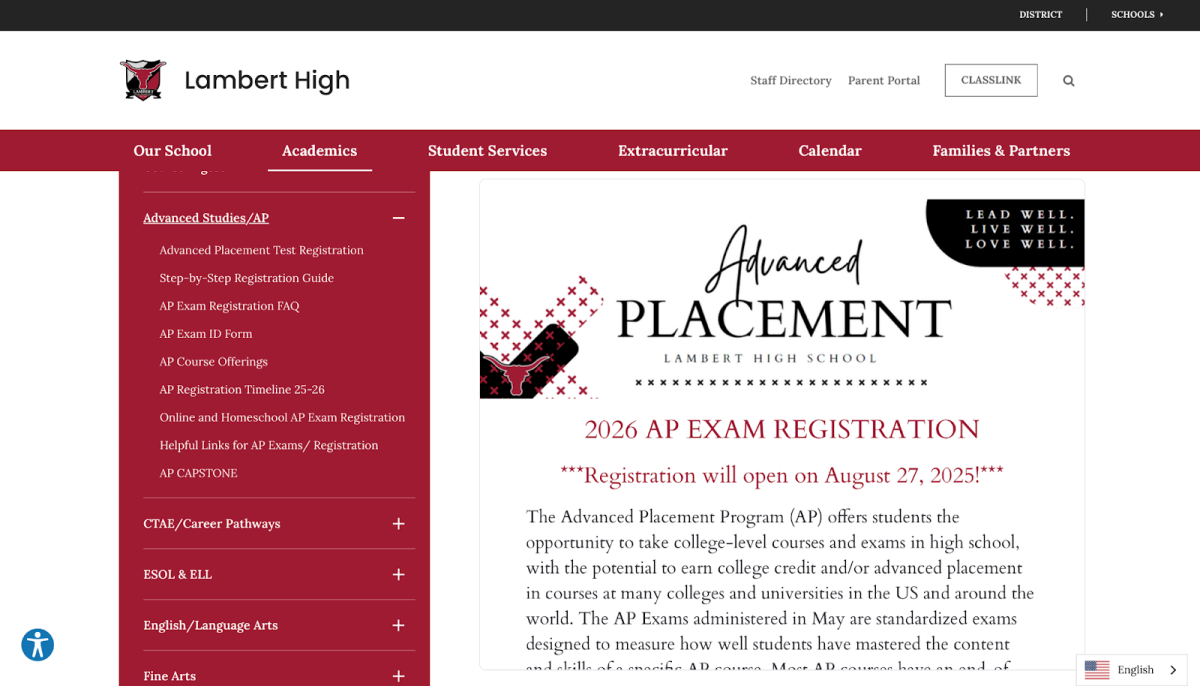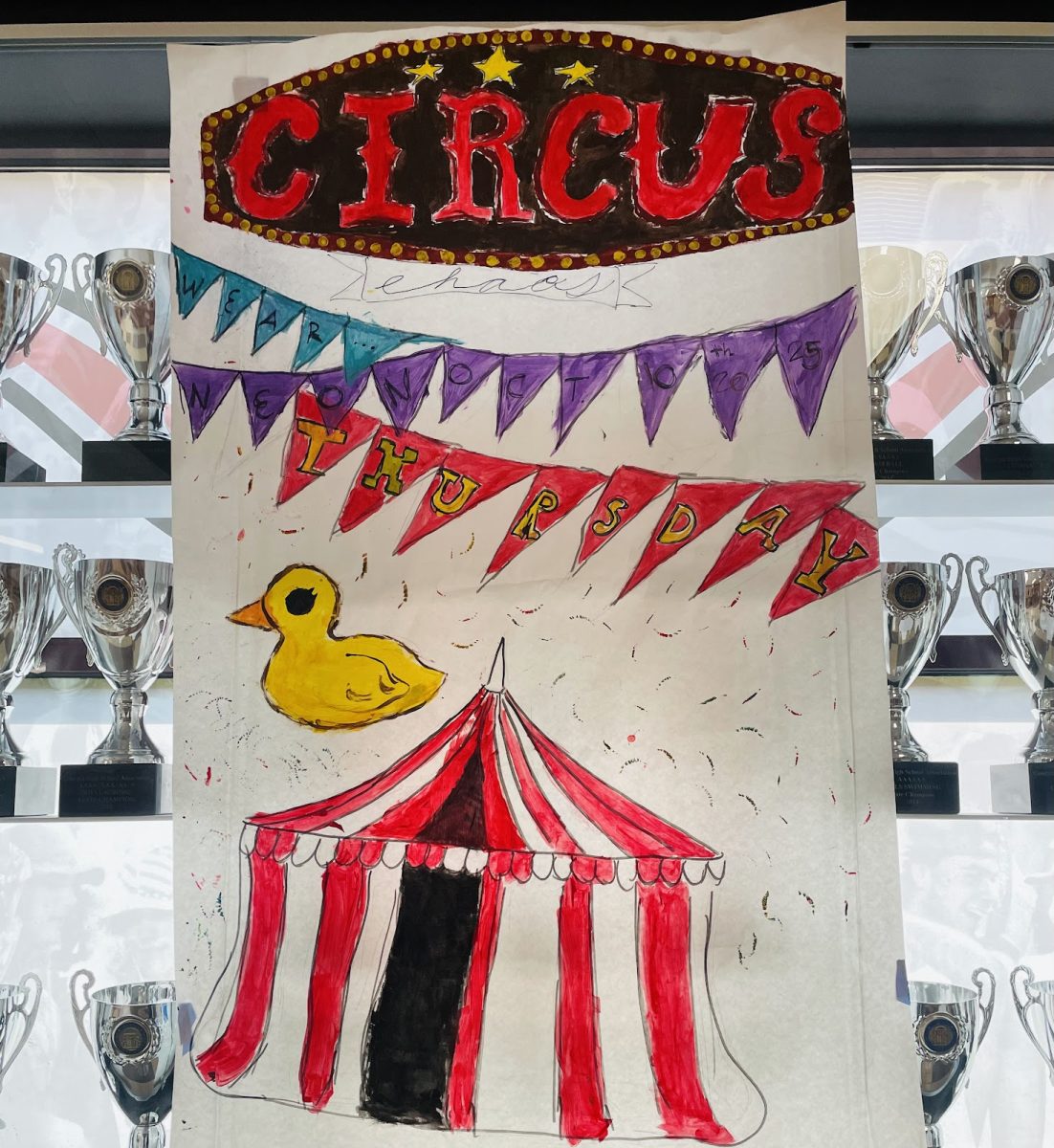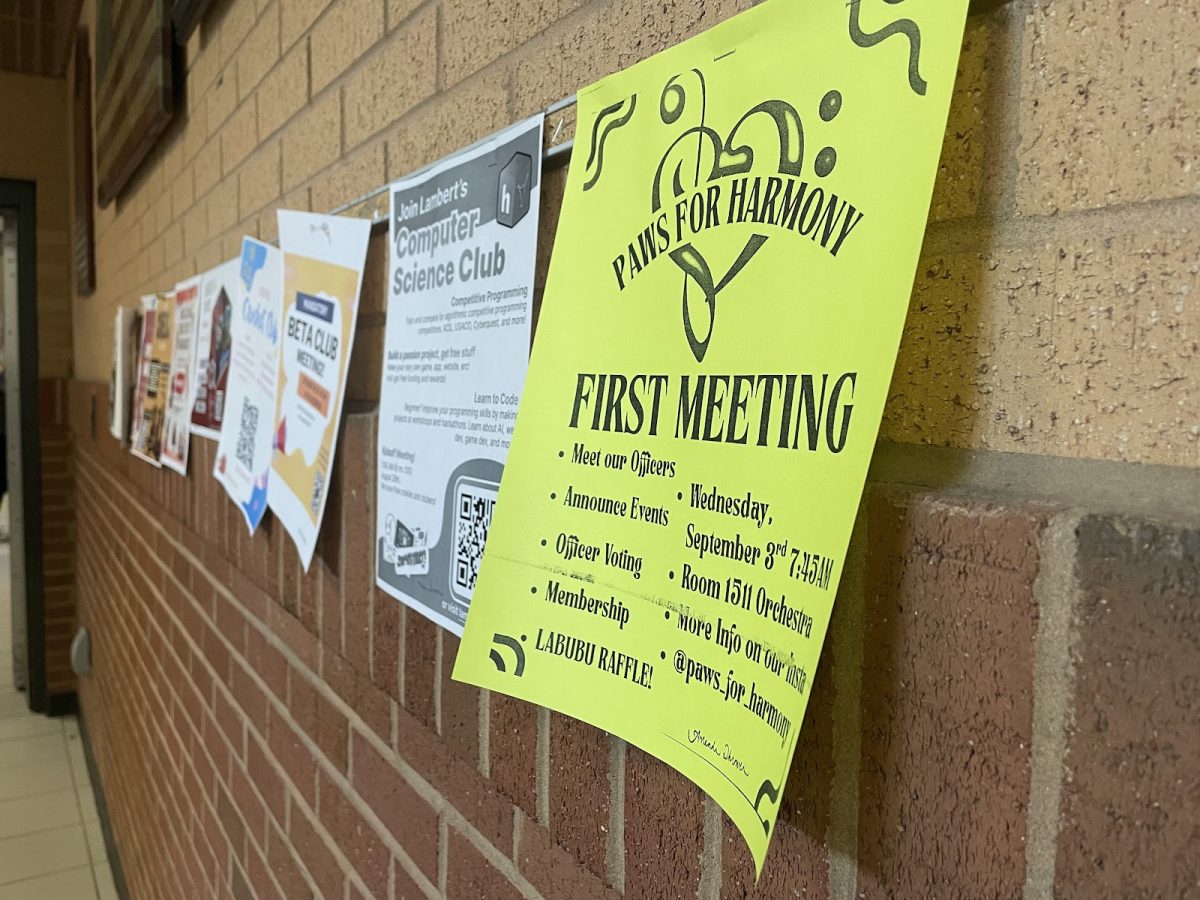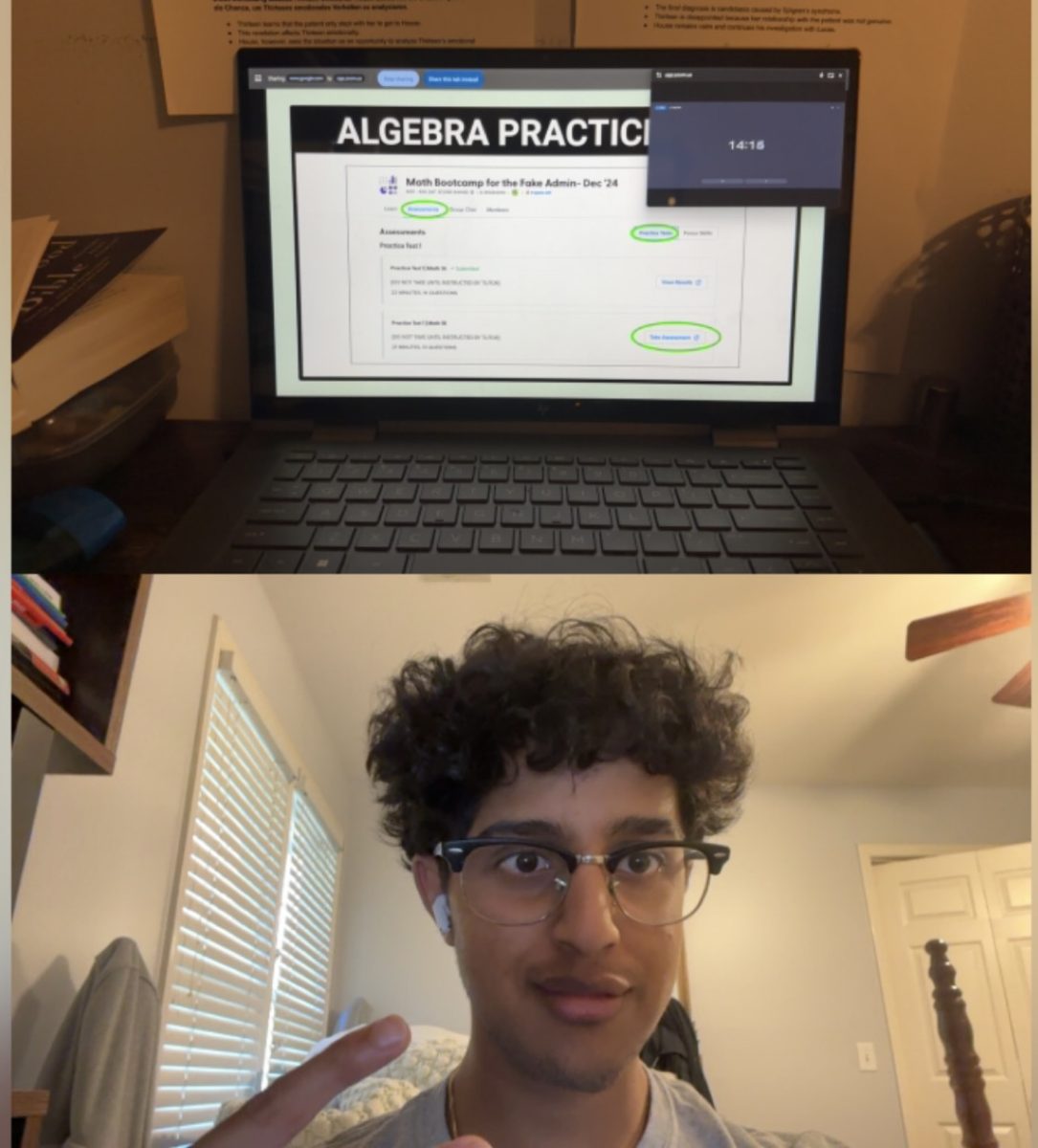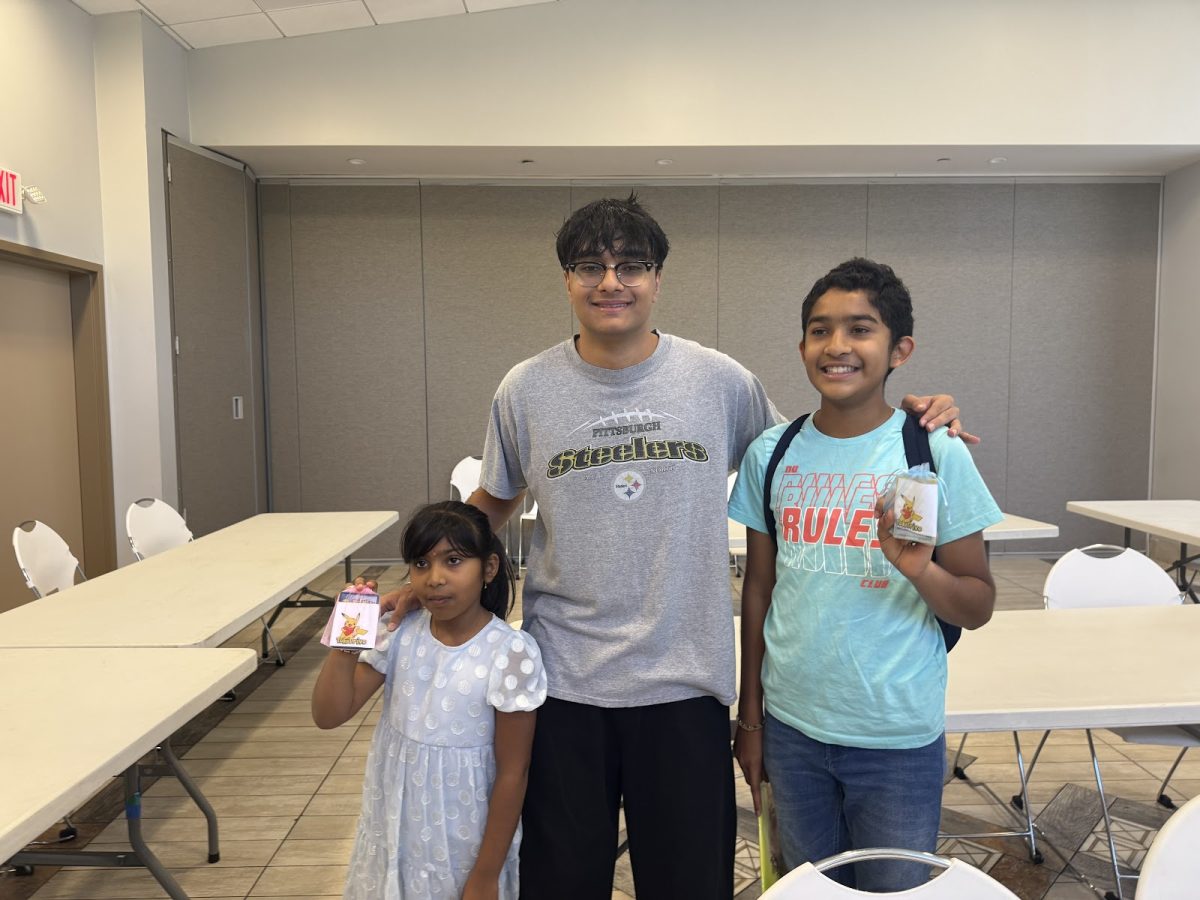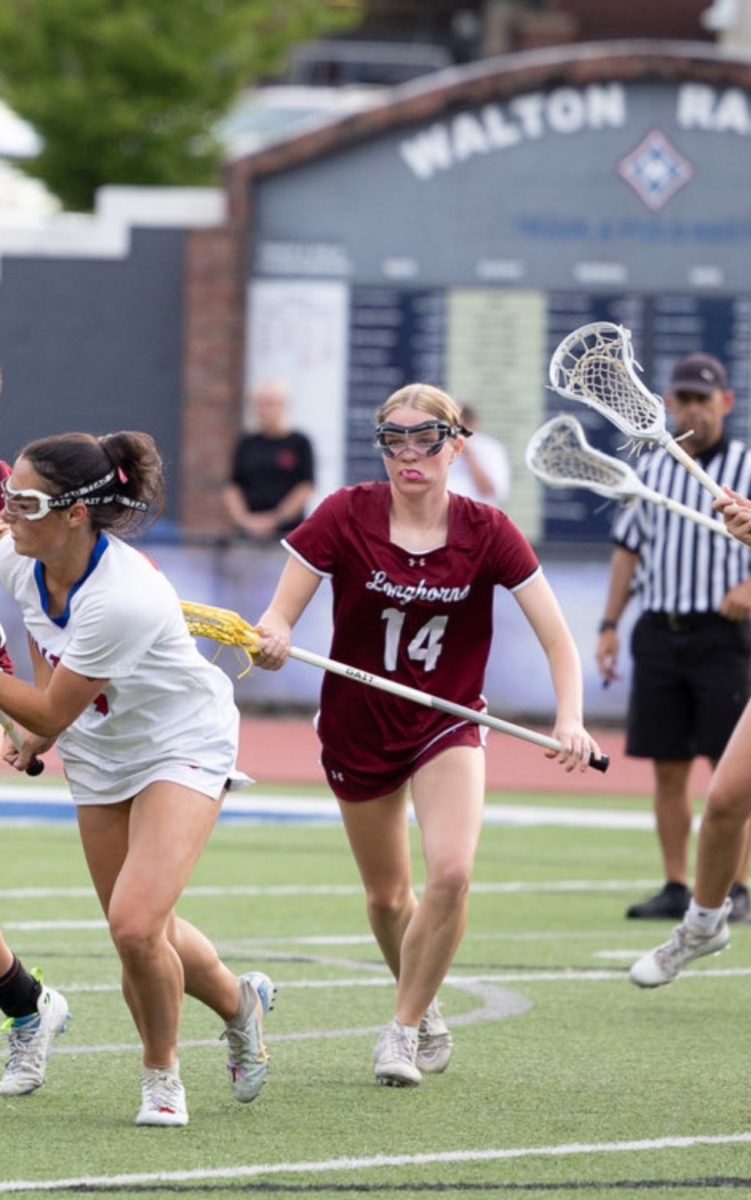On November 27th in Fulton County, the trial of Jeffery Lamar Williams, better known as rapper Young Thug, began. Williams was charged with racketeering conspiracy and criminal gang activity. Charged alongside Williams were more than two dozen affiliates, but after plea bargains and arrangements for individuals to receive separate trials, the trial was reduced to Williams and five other individuals.
The trial gained instant notoriety not only for being the trial of Young Thug, but for the bewildering choices made by Williams’ lawyer, Brian Steel.
The prosecution said that Young Stoner Life (YSL), Williams’ record label, also stood for Young Slime Life, an alleged street gang affiliated with the Bloods gang. Allegedly, YSL members were responsible for numerous killings and shootings led by Williams. On the other hand, the defense argued that YSL was just a record label, not a gang. They denied all charges, maintaining that he is innocent of all criminal charges. Williams has pleaded not guilty.
Evidently, the trial is a serious matter, but that has not been the case. The tactics Steel and the rest of the defense lawyers used led to wide media coverage and internet fame due to two arguments Steel made during the trial. Some points made by the defense include:
- Young Thug stands for Young and Truly Humble Under God, a status achieved by Thug, who desired to pull his community out of poverty.
- Pushin P stands for Pushin Positivity – Steel explained that regardless of the situation, one can “make it through” with positive thinking.
Varsity Lambert Mock Trial member Kai Robertson gave his thoughts on this trial from a legal perspective.
“I think it [(the acronyms)] insults the intelligence of not only the judge and the jury but everyone watching and everyone involved,” Robertson explained. “His lawyers have been made to look completely incompetent by Tik-Tok and [the] media.”
Furthermore, the trial gained controversy when prosecutors decided to use Williams’ rap lyrics as evidence of his leadership in YSL and of gang activity.
Williams’ defense lawyer, Brian Steel, argued that the violent lyrics were for the rhythm of his music and were a reflection of his difficult experiences.
“It’s not an admission of guilt, but rather an artistic expression,” Robertson commented.
Throughout the trial, Steel made three crucial arguments:
- As one of most prolific music artists of this generation, Williams doesn’t have the time to be in a leadership position in a gang
- Williams doesn’t need to kill for money as he is already worth millions
- The prosecution’s use of lyrics and other media has been taken out of context
If Williams is found guilty of all charges, he could potentially face five to 20 years in prison and potentially more for additional charges.
As of now, the trial has been extended to 2024 as one of the five co-defendants was stabbed at the Fulton County Jail in Atlanta. As the holiday season comes to an end, individuals can look forward to the resumption of the trial and what both sides will be bringing to the table.




